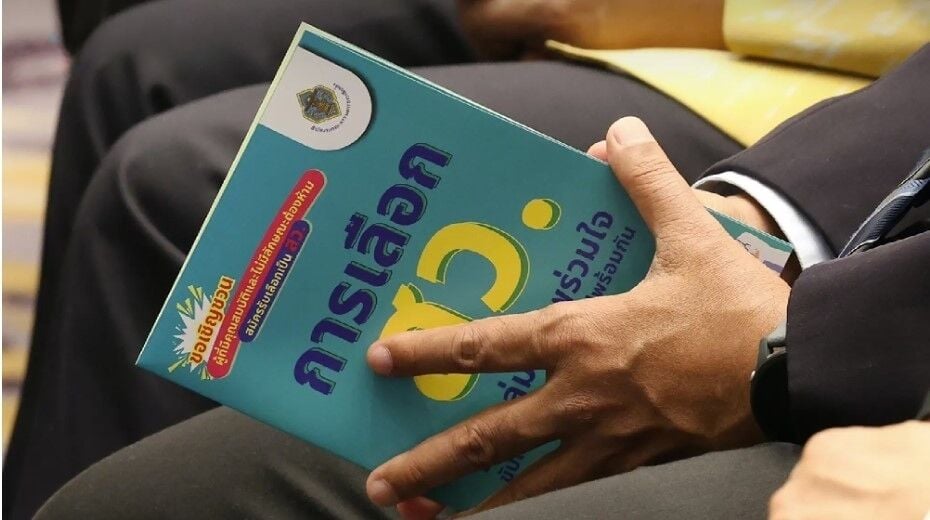Over 2,000 applicants disqualified in senatorial election

The Election Commission (EC) has thrown over 2,000 hopefuls out of the senatorial race, leaving just over 46,000 contenders to vie for seats across the nation.
The EC’s announcement of qualified candidates yesterday sent shockwaves through the political arena, with disqualified applicants given until Saturday to plead their case before the Supreme Court or provincial courts.
Reasons for disqualification range from party membership to failure to cast a vote in the previous general election, according to the EC. Out of the staggering 48,226 initial applicants, 109 were immediately rejected, while a further 1,912 were ousted upon closer scrutiny of their credentials, reported The Nation.
The statistics paint a revealing picture of the remaining contenders: a total of 19,479 women and 26,727 men stand poised to enter the fierce race for Senate seats.
ORIGINAL STORY: Election chaos: Senate vote to proceed despite district drama
In a dramatic twist leading up to the senatorial election, Election Commission (EC) Secretary-General Sawaeng Boonmee announced yesterday that the upcoming senate vote will go ahead as scheduled, despite significant issues in some districts.
Sawaeng confirmed that two districts had no applicants, while seven districts saw candidates emerging from just one of the 20 eligible occupational groups. Nevertheless, he reassured the public that the election would not be disrupted, citing specific clauses in the senatorial election law.
Between Monday, May 20 and Friday, May 24, 48,226 people submitted their applications for the election, falling short of the EC’s target of 100,000. Of these, 48,117 were registered as candidates, pending a thorough qualification check. The EC rejected 109 applicants due to disqualifying factors.
“The final list of senatorial candidates will be announced by next Friday.”
Sawaeng attributed the lower-than-expected number of applicants to stringent qualification requirements but noted that the manageable number would facilitate orderly voting.
The EC secretary-general addressed concerns about potential election tampering, assuring that the EC is vigilantly monitoring any suspicious activities. He urged the public to report any suspected manipulation attempts. Sisaket province had the highest number of Senate applicants at 2,764, while Nan province had the fewest with just 98.
The EC is also reviewing a recent Administrative Court ruling that overturned regulations limiting candidates’ self-introductions. The court’s decision allows candidates more freedom in their campaigns, a development Sawaeng said the EC would address promptly.
The five-year term of the junta-appointed Senate expired on May 10, prompting the upcoming elections. The complex voting process involves six rounds at district, provincial, and national levels, beginning June 9.
Candidates must be Thai nationals by birth, at least 40 years old, with a minimum of 10 years’ experience in their field. Various groups, including political party members and former MPs, are barred from running, reported The Nation.
Senate hopefuls will vote amongst themselves across six rounds to narrow down to the final 200 senators. The process ensures representation from 20 occupational fields, making this election a pivotal moment in Thailand’s political landscape.
Latest Thailand News
Follow The Thaiger on Google News:


























